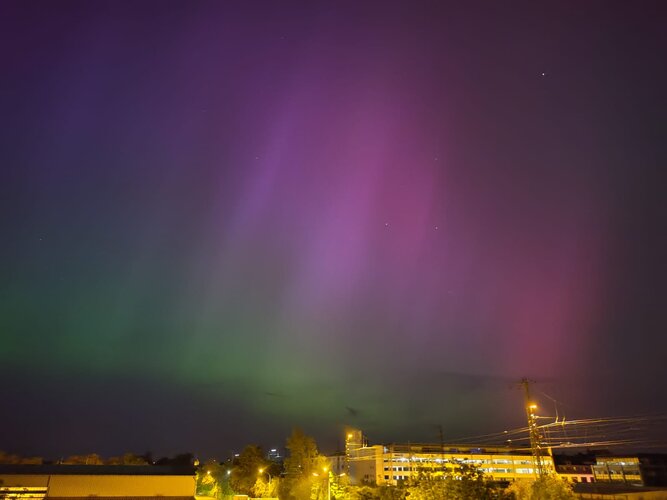What is ESA doing about Space Weather?

At ESA, monitoring current space weather is a core activity of our Space Weather Office, part of the Agency’s Space Safety Programme. Their goal is to continuously observe, monitor, understand and predict all potential hazards emanating from our star. Our growing space weather service network provides pre-operational space weather services to end users in the many different industries and organisations impacted by space weather.
At ESA, we have multiple missions and instruments studying the Sun, because learning about our star is key to predicting its potentially hazardous activity. This includes missions such as Solar Orbiter, SOHO, Proba-2 and the upcoming Proba-3.
Other missions, including Cluster, Swarm and SMOS, measure the effects of solar activity at Earth and increase our understanding of how our atmosphere and magnetic field work. In the coming years, ESA will launch Smile, to view the full Sun–Earth connection, and the Aurora mission, to continuously monitor Earth’s aurora.
Space weather services will greatly improve once ESA’s Vigil mission launches in 2031. Vigil will monitor the side of the Sun, spotting areas of potentially hazardous solar activity days before they rotate into view of Earth.
Vigil will provide ESA’s first 24/7 operational data from deep space and increase our advance warnings up to 4—5 days in some cases, allowing us to be much more prepared for hazardous solar events, including potentially destructive geomagnetic storms.



